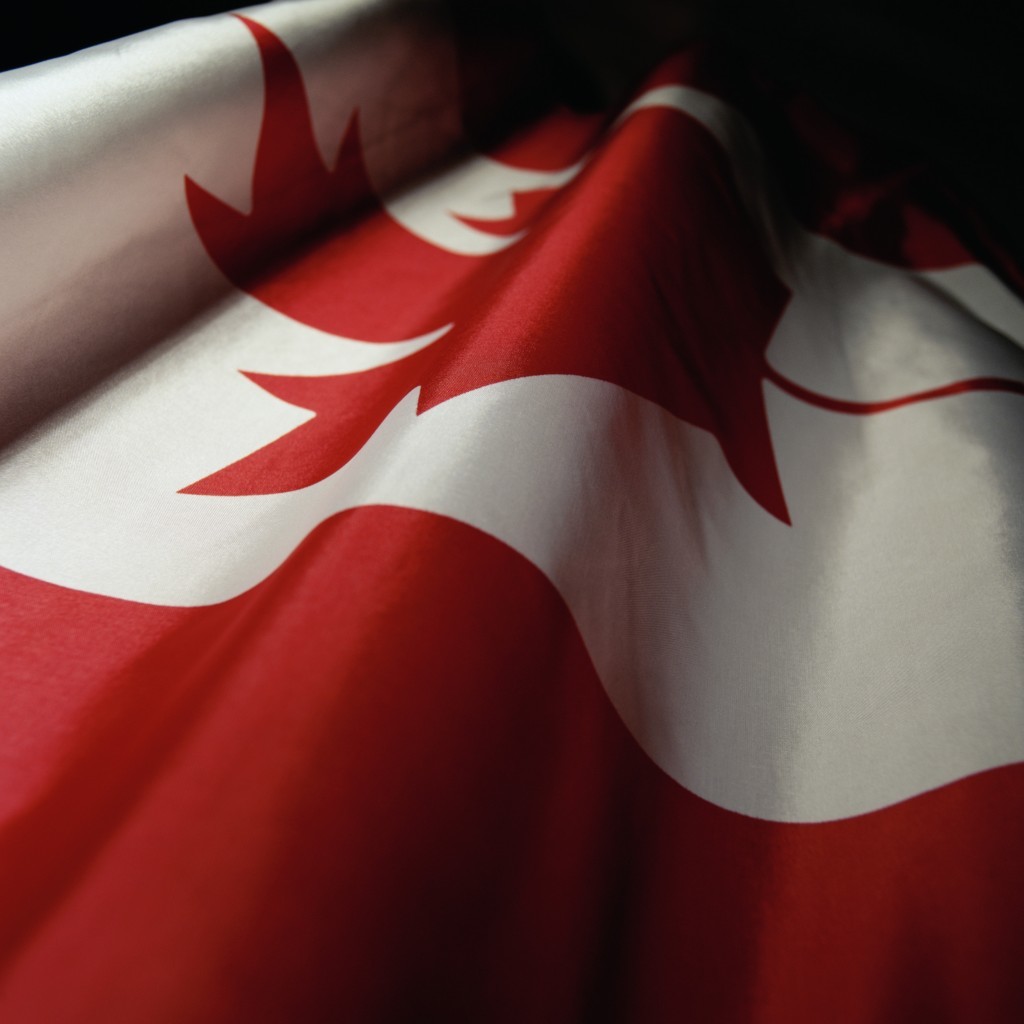
Canada may consider relaxing its foreign investment rules, including steps to open up to state-owned enterprises in China, in a bid to attract more capital and spur economic growth, Finance Minister Bill Morneau said.
Morneau spoke to reporters on Sunday in Sudbury, Ontario, at a cabinet meeting ahead of the Group of 20 leaders’ summit in China in early September. He and Prime Minister Justin Trudeau will attend along with other senior Canadian officials.
Asked about reviewing restrictions on the ability of state-owned enterprises such as those in China to acquire Canadian oil assets, Morneau didn’t rule out such changes. He said his government expects to discuss with its Chinese counterparts how to spur more investment in Canada.
“We will express a continued interest in having a renewed relationship with China. In that regard, we’ll be talking about how we can work together,” Morneau said. “Those questions will be things that we’ll talk about, and our view will be that we’ll try and find ways that we can continue to encourage investment in our country.”
Former Prime Minister Stephen Harper, whose Conservative Party was beaten by Trudeau’s Liberals in 2015, approved the $15.1 billion sale of oil and gas company Nexen Inc. to China’s Cnooc Ltd. in 2012. At the same time he introduced a measure that the government in future would only allow a state-owned enterprise to acquire an oil sands company under “exceptional circumstances.”
Trudeau and Morneau will lead the Canadian delegation on an official visit to China, leaving later this month on a trip that also takes in the Sept. 4-5 G20 Leaders’ Summit in Hangzhou. Trudeau has said he aims to “promote greater dialogue” between the countries, while G20 leaders will focus on ways to spur global growth.
“Our goal will be to be communicating to the world why they should be investing in Canada,” Morneau said Sunday. “We see Canada as a real beacon for investment globally, a country with low political risk, a highly skilled workforce, and that’s something we want to communicate to G20 countries.”
Canada’s economy has struggled recently with low growth triggered in large part by slumping oil prices that have sapped investment and employment in its once-booming energy sector. Trudeau’s debut budget this year forecast cumulative deficits of close to C$120 billion ($93 billion) over six years in a bid to stoke growth.
